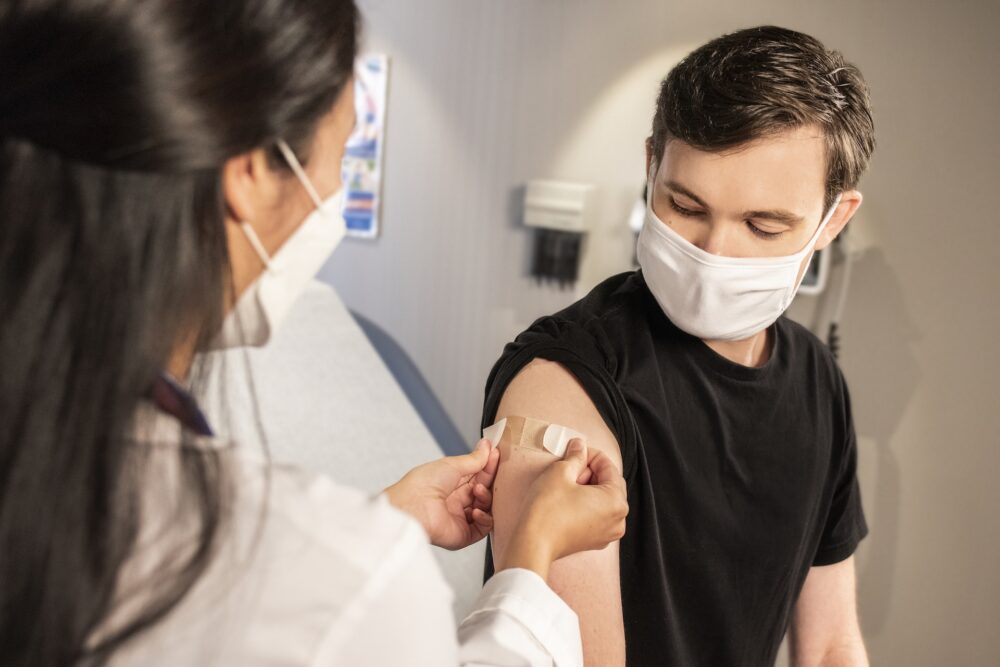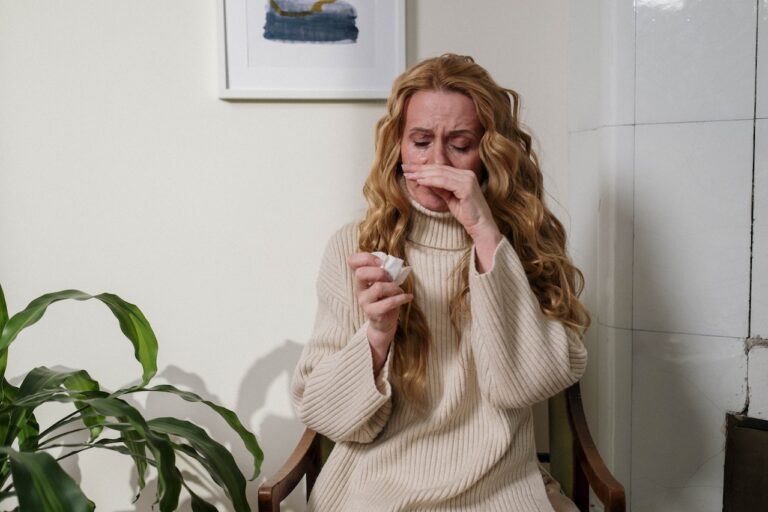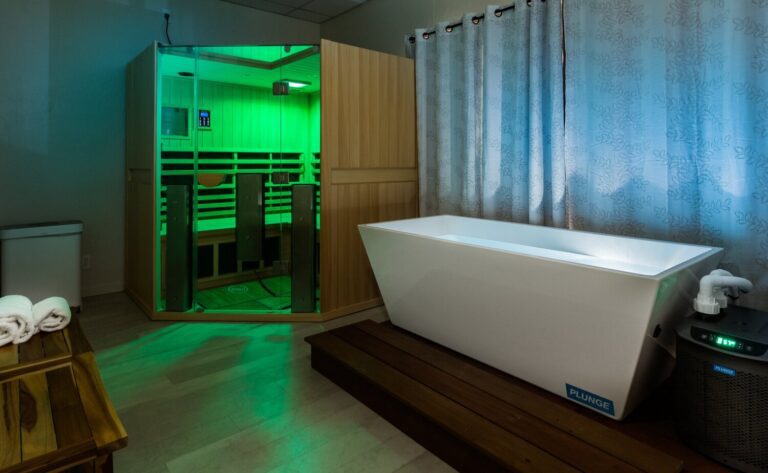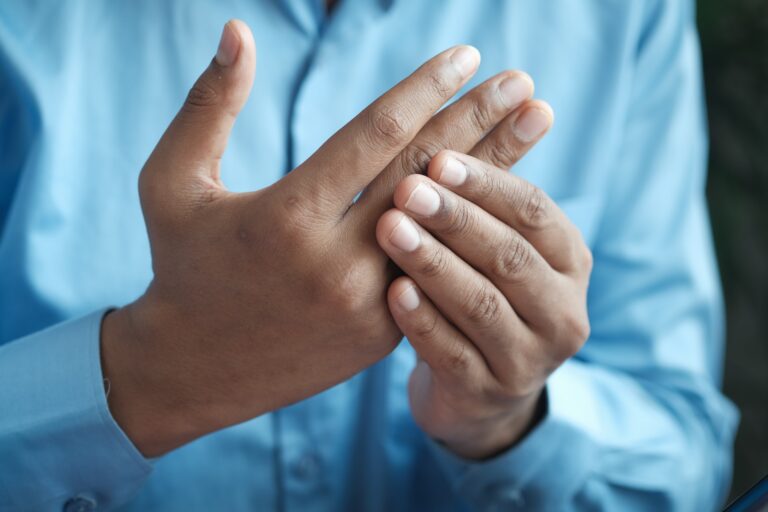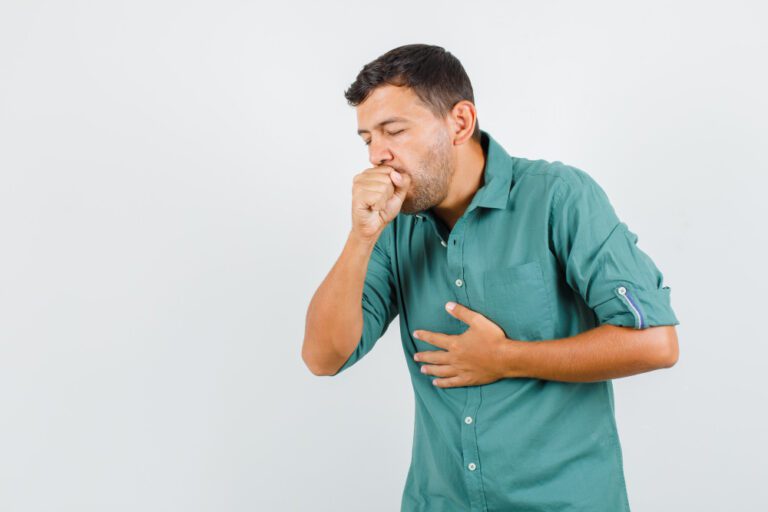Does Sauna Help With Colds? Let’s Look at the Science
As the seasons change, many of us find ourselves battling the common cold. It’s an unpleasant experience characterized by a range of symptoms that can leave us feeling miserable. In this blog post, we’ll explore what a cold is, the typical symptoms associated with it, and whether using a sauna can help in alleviating cold symptoms and promoting recovery.
Understanding Colds
The common cold is a viral infection that primarily affects the upper respiratory system. It is caused by various strains of the rhinovirus, which can be easily transmitted through droplets in the air when an infected person coughs or sneezes. Once the virus enters your body, it targets the lining of your nose, throat, and sinuses, leading to inflammation and a range of symptoms.
Common Cold Symptoms
Cold symptoms can vary from person to person but typically include:
- Runny or stuffy nose: One of the hallmark signs of a cold is nasal congestion, which can alternate between a runny or stuffy nose.
- Sneezing: Sneezing is the body’s natural response to remove irritants from the nasal passages.
- Sore throat: A scratchy or sore throat is a common complaint during a cold, often accompanied by discomfort and difficulty swallowing.
- Coughing: A dry or productive cough can persist throughout a cold, causing irritation and discomfort.
- Fatigue: Cold symptoms can leave you feeling tired and drained, affecting your energy levels and overall well-being.
- Mild headache: Some individuals experience a mild headache or facial pain due to sinus congestion.
The Role of Saunas in Cold Recovery
When it comes to saunas and cold recovery, it’s important to understand their potential benefits and limitations. While saunas may provide temporary relief for certain cold symptoms, they do not directly treat the underlying viral infection. Here are some key points to consider:
- Temporary symptom relief: The heat and steam in a sauna can help relieve congestion by loosening mucus and opening up nasal passages. This can provide temporary relief from nasal congestion, making it easier to breathe. Additionally, the heat may help soothe a sore throat and provide a sense of overall comfort during a cold.
- Increased blood circulation: Saunas can improve blood flow and circulation, which may indirectly support the body’s immune response to the cold virus. Improved blood flow helps deliver oxygen and nutrients to the organs and tissues, potentially aiding in the healing process.
- Hydration and detoxification: Saunas induce sweating, which can promote detoxification and help eliminate toxins from the body. However, it’s essential to stay well-hydrated before, during, and after sauna sessions to replenish lost fluids, especially when experiencing a cold.
- Individual considerations: Sauna use during a cold should be approached with caution. If you have pre-existing health conditions, such as respiratory issues or heart problems, it is advisable to consult with a healthcare professional before using a sauna. Additionally, excessive heat exposure can lead to dehydration and may worsen symptoms for some individuals.
For more info, check out this randomized study in the Medical Journal of Australia.
Conclusion
The benefits of sauna can provide temporary relief for certain cold symptoms and promote relaxation. While they may help alleviate congestion and improve blood circulation, saunas should be seen as a complementary approach to cold recovery rather than a cure. It is important to prioritize rest, hydration, and other proven cold management strategies, such as over-the-counter remedies and a balanced diet, to support your immune system and promote faster recovery. Furthermore, you should not use the sauna if you have a fever.
Remember, everyone’s response to saunas and colds can vary, so it’s essential to listen to your body and seek personalized advice from a healthcare professional if needed. Ultimately, the best approach to managing a cold is to take care of your overall health, get plenty of rest, stay hydrated, and practice good hygiene to prevent the spread of the virus to others.

